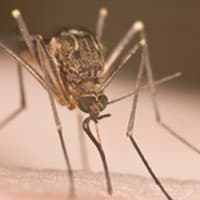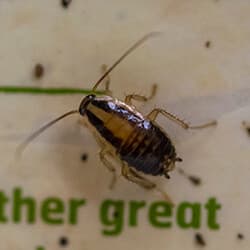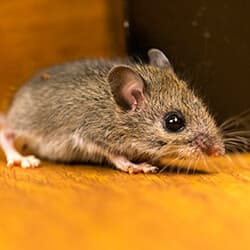This article is not meant to sell you on a pest service or treatment plan. It simply outlines why many homeowners decide to get quarterly pest control. The goal it to help you make an informed decision and decide what is best for your family and your home.
Pests encroach. If you’ve owned your home for any length of time you know that pests are ever encroaching upon your property and almost continually assaulting your exterior walls. Homeowners that get a yearly visit from a pest control technician realize quickly that it isn’t enough. Some pests can grow their populations significantly in a year.
Illness is unseen. When pests like cockroaches, rodents, flies, ants, ticks, fleas and mosquitoes come carrying disease and harmful bacteria families often miss the connection. When flu-like symptoms strike they assume it IS the flu. But when homeowners are shown that quarterly visits from a pest technician can reduce sickness in their homes, they make the commitment.
Pest damage is hard to repair. Finding wood damage caused by termites, carpenter ants, and other wood-destroying organisms is horrifying. They burrow deep into support beams and weaken the structure of a home. This can bend the studs in load-bearing walls and cause irreparable warping. These pests should never be allowed into a home. Quarterly visits and the monitoring of bait stations stop wood damage before it can happen.
Extermination is more costly than protection. For many homeowners, the choice to wait on investing in a year-round pest treatment isn’t because they love bugs. It is a financial decision. But when they have to spend money on hiring an exterminator, they quickly realize that quarterly visits would have cost them less.
That’s it. No sales pitch. No link for you to buy now. Just the facts. If you’ve been holding off on getting quarterly visits from a pest control company, we understand. Life is filled with hundreds of little costs, and the number of people holding their hand out to receive your hard-earned money can seem endless. But when it comes to pest control, it isn’t just a matter of improving your comfort and your standard of living, it is a decision that can actually save you more money in the long run. Hopefully, these insights will help you prevent some of the pitfalls mentioned above. But in the end, what matters most is that you have the information to make an informed decision.




